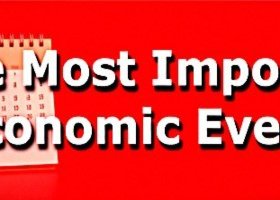
The release of long-awaited third quarter GDP figures in the Eurozone does not look to impress much market participants, although the worst seems be averted – at least for now. Despite improving sentiment, it seems that the single currency has trouble to convince, as it struggles to keep gains less than two hours after the release of German GDP confirm that the economy avoided a technical recession. Markets probably overlook the latter, as the outcome of the US – China trade conflict takes center stage considering risks of further escalation in the event of a no-deal. A rebound in EUR should therefore be limited in anticipation of a busy calendar in the US by tomorrow, including producer prices, retail sales and industrial production following Powell's testimony and his assertion that the policy should remain in abeyance unless there is a "significant change in outlook".
The publication of German year-on-year and quarter-on-quarter 3Q GDP figures given at 1% (prior: -0.10%) and 0.10% (-0.20%) are a good signal for the Eurozone as a whole considering the industrial activity slowdown spillover caused by the German economy on the single market in the past quarters. Yet it seems that Angela Merkel’s ruling Christian Democratic Union party appears willing to stick with current budget debt brake rule consisting of a limit to federal government budget deficit to 0.35% of GDP per annum, a decision that casts doubt on a rapid recovery in the near future. On a positive side note, a big milestone has been reached in the ranks of German’s GroKo, where threats of a government collapse have now dissipated after both CDU and CSU finally reach an agreement on the deadlocked Grundrente financing question, strengthening unity within the coalition. As risks on the front of global trade linger, it remains to be seen whether a recovery in industrial production and domestic consumption, an important growth driver for the German economy, will sustain from 2020 onwards.


